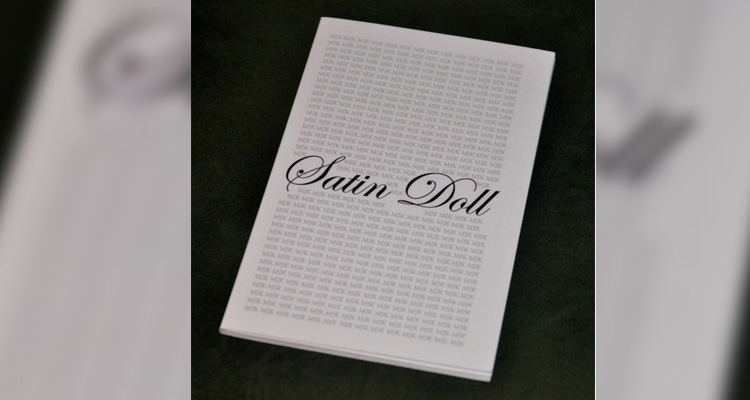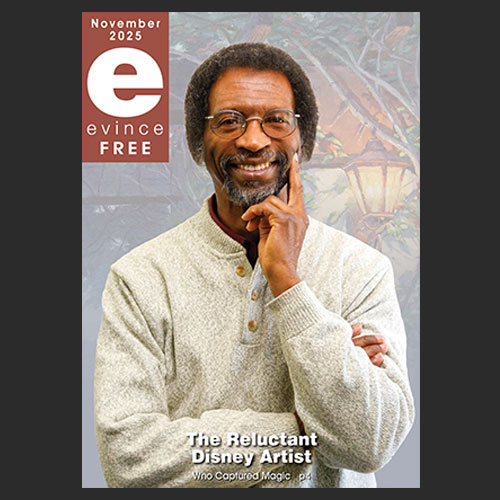If you’re someone who won’t try to write a poem when you feel like you want to, you’re not alone. Among the many reasons that block you from becoming even a novice poet, the most common is that you don’t know how to begin.
You’re frustrated because, although you’ve mentally gathered all your thoughts and feelings, you haven’t given them a shape or pattern. Nothing rhymes. And you’ve never heard of a simile or a metaphor.
In other words, you think you would do nothing more than embarrass yourself. If so, you’re in good company because every poet or poetess has felt the same way. In fact, if each of them could confide in you, they would tell you they felt that way almost every time they wrote a poem.
You may want to read Emily Dickinson’s poetry. According to the Emily Dickinson Museum:
By the time Dickinson turned 35, she had composed more than 1100 concise, powerful lyrics that astutely examine pain, grief, joy, love, nature, and art. She recorded about 800 of these poems in small handmade booklets (now called “fascicles”), very private “publications” that she shared with no one.
That’s important because, to Dickinson, writing her poetry, rather than publishing it, was most important.
While I attended a poetry workshop for thirty of us would-be poets at the Robert Frost Homeplace, a prominently published poet addressed us. After he read a few of his better-known poems, he announced that he wanted to do something he had never done. For our benefit, he read a poem that he hadn’t finished; he wanted our opinion.
Imagine this: you’re sitting there, listening to a poem that describes a giant water pump that is so powerful that it pumps the water from one pond through the air to another pond a mile away. As strange as that was, the poem turned into an even stranger horror story.
Because one couple swimming in the first pond didn’t realize how strong the suction was, they stayed in the pond. Less than a stanza later, that pair was sucked into the giant hose and were sent sailing in the direction of the second pond.
Horrified by that image, all of us novice poets were in shock when the speaker stopped and said, “That’s as far as I’ve gotten.”
By comparing Dickinson to that poet, it’s easy to see that some poets say too little and others, in an attempt to broadcast their poetry, go well beyond what they should have said.
That’s why you shouldn’t be concerned about writing poetry. Poetry is an art form that develops slowly. Two of the most important attributes for any aspiring poet are patience and persistence.
A good way to begin is to visit a library and read poems from a number of different poets. You may want to ask a librarian to recommend a few poets to you.
Think of what you’re doing as sampling a menu. In other words, don’t stop reading different poets until you find one you like. Once that happens, read more of that poet’s work. Get to know that poet’s biography.
It won’t take long before you recognize the poet’s style. In many ways, you’ll like it the same way you like certain musicians more than others.
With that in mind, return to your jumble of thoughts and ideas. Then, use them in a way that your new favorite poet might have used them.
Please, please, don’t worry about being a copycat. That won’t be possible because your usage of words and your selection of words will differ from those of your new favorite poet.
You’ll think of that poet every time you write another poem… until you realize that yours have a different flair, a different feel, and a style that’s all your own!






